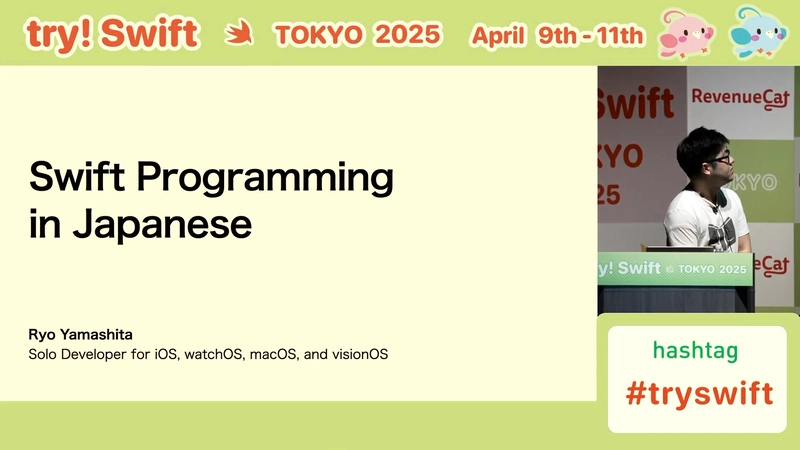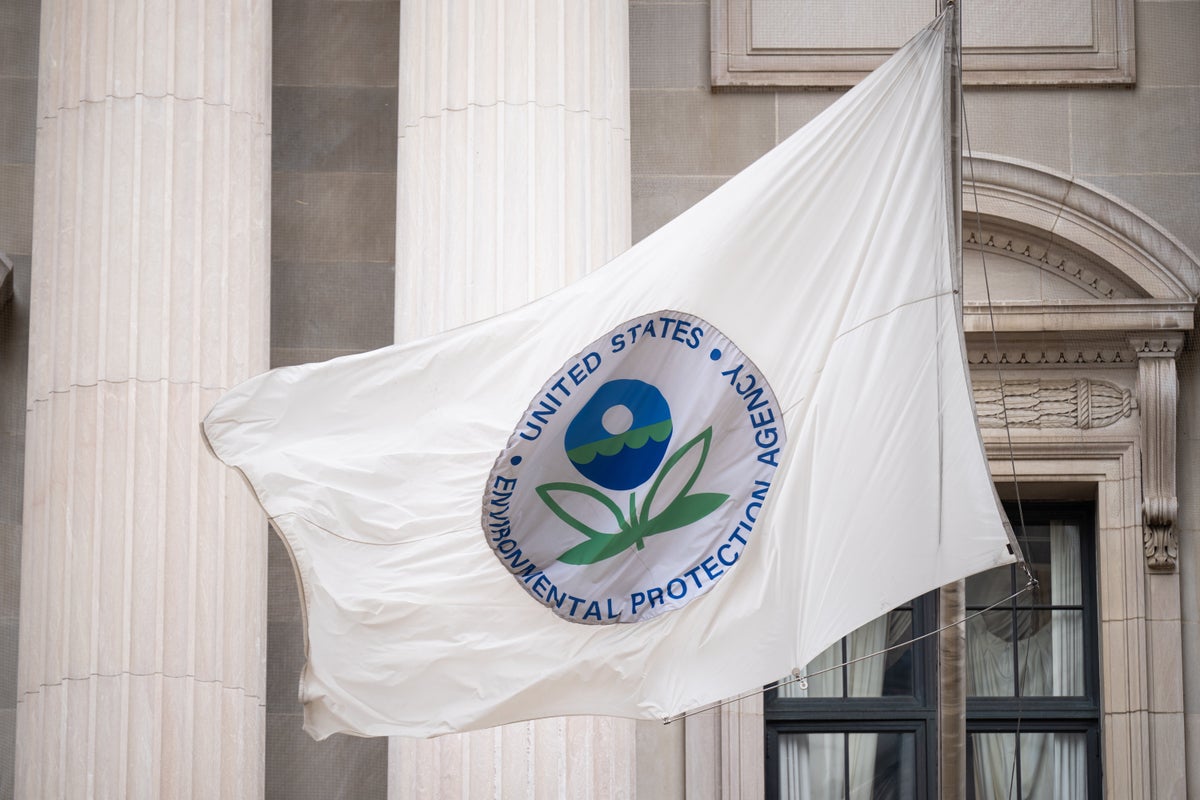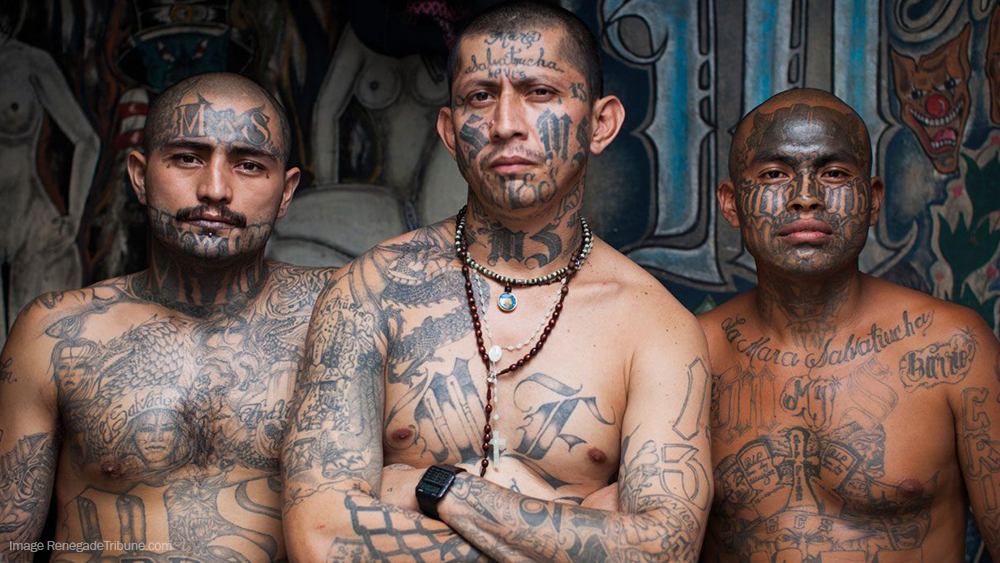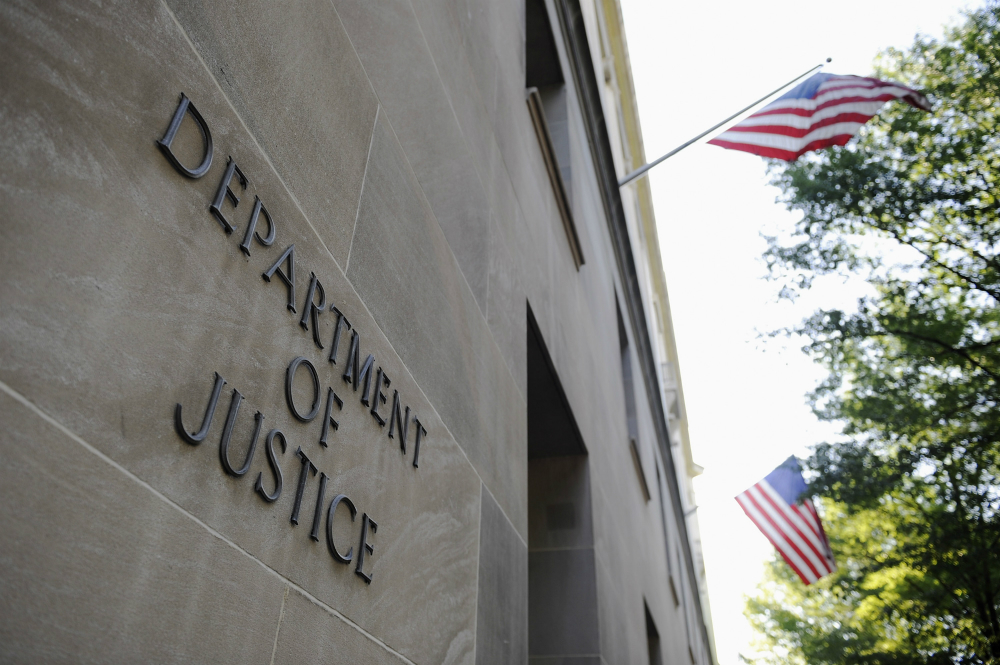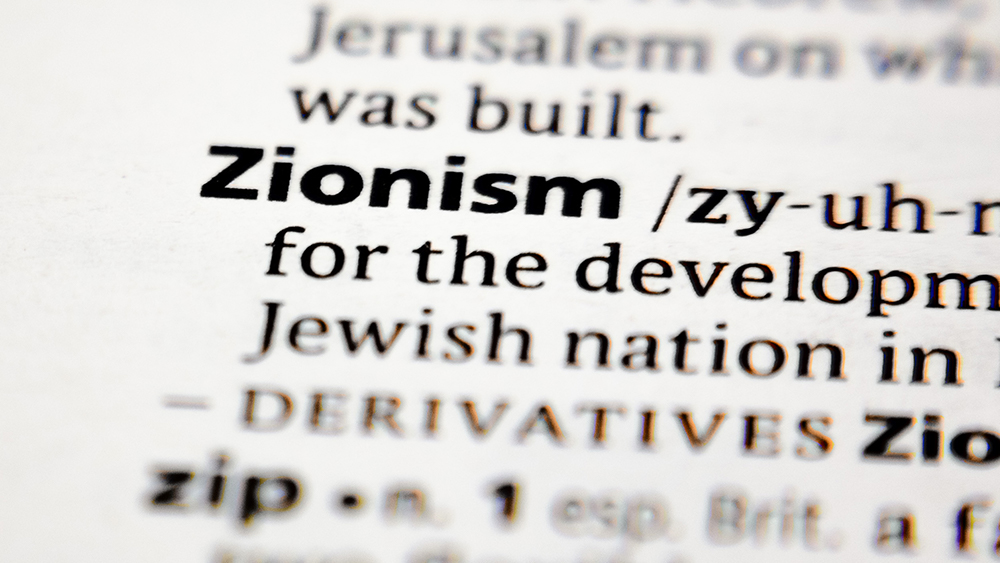It’s not just Trump: Federal judges are also targeting universities
A federal judicial appointment does not include a roving commission to cure perceived social ills through employment boycotts.

President Trump’s assault on higher education is unprecedented in scope and impact, but not unprecedented in concept. A group of 13 federal trial and appellate judges beat him to the punch by almost a year.
Trump has used the extraordinary powers of the executive branch to freeze billions of dollars of funding for seven leading universities, demanding changes in their curricula and administration. The judges were more selective, targeting only Columbia University, while foreshadowing the same educational intrusion that Trump later deployed with a vengeance.
On May 6, 2024, the judges sent a boycott letter to Columbia’s then-president, calling the university “ground zero for the explosion of student disruptions, antisemitism and hatred for diverse viewpoints,” where “disruptors have threatened violence, committed assaults and destroyed property.”
They declared they would refrain from hiring Columbia graduates as judicial clerks unless the university imposes “serious consequences for students and faculty who have participated in campus disruptions,” and institutes conservative curricular and faculty hiring reforms.
On Mar. 7, the Trump administration announced, using strikingly similar language, the cancellation of approximately $400 million in federal grants and contracts due to Columbia’s “continued inaction in the face of persistent harassment of Jewish students,” including the failure “to stop radical protestors from taking over buildings on campus.”
Additional cancellations, totaling more than $5 billion, have now been imposed on Harvard, Cornell, Brown, Princeton, Penn and Northwestern (where I am an emeritus law professor).
The parallel is unmistakable. It was the judges who first sought to use the control of government funds and contracts — through the employment of clerks — to pressure compliance with their educational views and societal objectives.
Trump is a wrecking ball, with no regard for norms, conventions or past practices. We expect judges to be more judicious. We especially expect them to comply with the Code of Conduct for United States Judges, which prohibits leveraging clerkship appointments for extra-judicial objectives.
Canon 3B(3) of the code states that judges must make hiring decisions, including law clerks, “fairly and only on the basis of merit.” In addition, Canon 2B prohibits the exploitation of their position to achieve non-judicial purposes by “lend[ing] the prestige of the judicial office to advance the private interests of the judge.”
The Columbia boycott has nothing to do with the merits of unknown future applicants, who will not graduate until 2027 or 2028, and are uninvolved in the misbehavior of last year’s Gaza protesters. Instead, it is intended to coerce Columbia into taking unspecified disciplinary measures against “disrupters,” and undefined steps to broaden “viewpoint diversity on the faculty and across the administration — including the admissions office.”
The ethics rules have no exception for professedly honorable objectives. Law clerks are public employees, provided to judges for assistance in deciding cases. It is improper to dangle such positions before third parties as inducements to advance a judge’s ideological agenda, no matter how seemingly virtuous.
Unfortunately, the code of conduct can only be enforced by committees of federal judges, who are predictably protective of their colleagues in all but the most egregious circumstances. Formal complaints have been lodged against some of the boycotting judges under the Judicial Conduct and Disability Act, but they have all been dismissed.
The most recent dismissal came earlier this month from a three-judge panel of the Seventh Circuit Judicial Council, sitting in Chicago.
Obviously conscious of their own prerogatives, the panel members stressed the “sensitive and highly confidential” relationship between judge and clerk. Thus, “commensurate with the importance and sensitivity of the position, judges have broad discretion in the selection of their law clerks,” apparently limited only by anti-discrimination and anti-nepotism rules.
The panel’s 12-page order simply ignores the glaring ethical problem inherent in withholding clerkships to compel the behavior of entire universities. In other contexts, the use of government jobs as rewards or penalties has been recognized as corruption. The panel, however, treats the boycott as though it were simply one more criterion for employment, akin to grade point average or law review membership.
No one would have noticed, or cared, if the individual judges had simply chosen to exclude Columbia graduates from consideration, but that was never the purpose of publishing their open letter. The judges’ boycott was more than an exercise in personal choice. It was an attempt to enforce compliance with their stated demands.
In that regard, Canon 2B prohibits judges from using their official position to benefit their “private interests,” which is an apt description of exploiting clerkships to coerce a judge’s curricular preferences.
The panel shrugged off that problem in one sentence, saying the boycott’s goal was “to improve the quality of legal education [which] concerns the law more generally and not the judges’ private interests or the private interests of others.”
This interpretation recasts ideological objectives, such as hiring more conservative professors, as law improvement. It consequently opens the door to all sorts of other abuses, so long as they are characterized as serving the public interest.
By that reasoning, a federal judge could refuse to hire a local university’s graduates unless the athletic department fires the football coach.
A federal judicial appointment, however, does not include a roving commission to cure perceived social ills through employment boycotts. Judges may offer clerkships to whomever they choose. What they must not do is use the threat of non-hiring to extract concessions from third parties.
Trump surely did not need the example of a judicial boycott to embark on his campaign to remake higher education in his own image. Federal judges, on the other hand, should be embarrassed by their participation and endorsement of such proto-Trumpian tactics.
Steven Lubet is the Williams Memorial Professor Emeritus at the Northwestern University Pritzker School of Law.











![How to contribute to the Flutter engine [Windows]](https://media2.dev.to/dynamic/image/width=800%2Cheight=%2Cfit=scale-down%2Cgravity=auto%2Cformat=auto/https%3A%2F%2Fdev-to-uploads.s3.amazonaws.com%2Fuploads%2Farticles%2F6l3gn3x9ffod81mk92vm.png)

